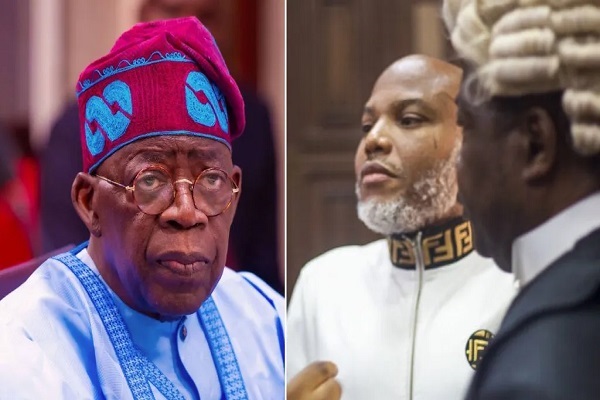The House of Representatives Committee on Customs and Excise has announced plans to investigate the activities of terminal operators at the Apapa port, due to delays in the clearance of goods, which the Committee believes are hindering government revenue generation.
Committee Chairman, Leke Abejide, expressed frustration during an oversight visit to the Apapa Area Command of the Nigerian Customs Service. He criticized the terminal operators for failing to live up to their commitments under the concession agreements they signed with the Nigerian government. Instead of supporting revenue generation, these operators are contributing to significant delays, creating gridlock at the port, and forcing Customs agents to incur unnecessary demurrage charges that do not benefit the government.
Abejide highlighted that terminal operators, rather than facilitating trade, have become major obstacles to smooth port operations, thereby increasing costs for stakeholders. He called out big shipping companies and terminal operators, accusing them of acting like "demi-gods," making decisions that benefit themselves at the expense of Nigerians.
"Stakeholders in the business are losing a lot of money due to delays that are not caused by them or the Customs Service. The painful aspect is that these operators are not losing anything," he said, emphasizing that the demurrage collected goes directly to terminal operators, not the government.
The Committee intends to summon terminal operators, including APMT, to the National Assembly for discussions aimed at resolving the issue. Abejide specifically criticized APMT for the electronic call-up system, calling it a "fraud" that does not benefit Nigeria's economy and has compounded the port's operational problems.
Abejide also addressed concerns surrounding the implementation of the 4 percent Free On Board (FOB) collection, which was temporarily suspended for further stakeholder engagement. He noted that some officials had been collecting unauthorized charges, which undermines the transparency of the Customs and Excise Act. The 4 percent FOB will be reinstated after adequate enlightenment and stakeholder consultation, with the aim of curbing revenue loss and preventing companies from evading their obligations.
In conclusion, the Committee plans to examine the concession agreement with APMT, which is set to expire soon, and explore options for credible Nigerian operators to take over port management. The investigation is expected to bring much-needed reforms to the port sector, ensuring better compliance and enhanced revenue collection for the government.




